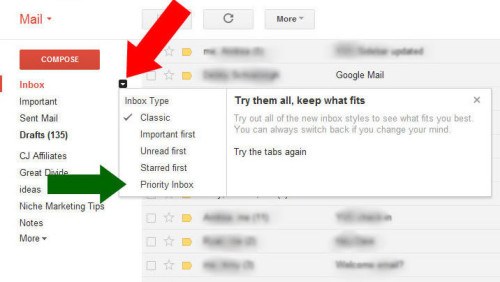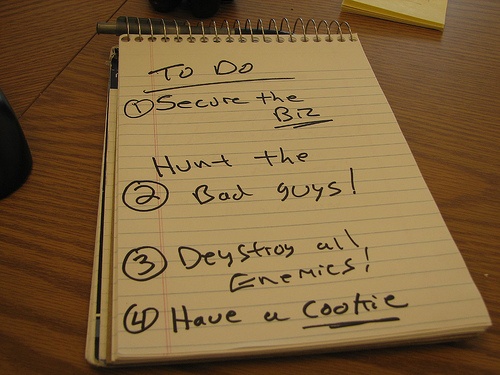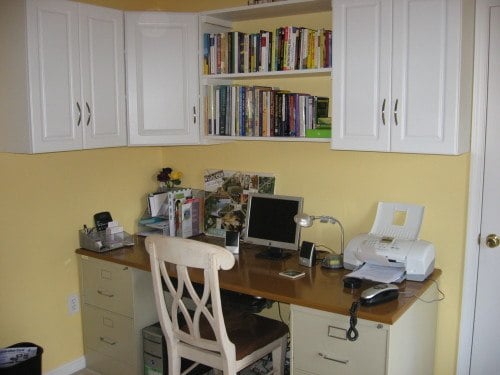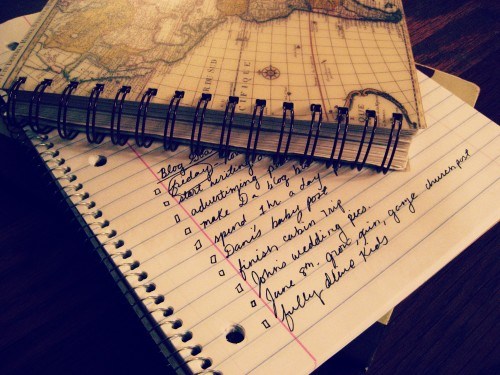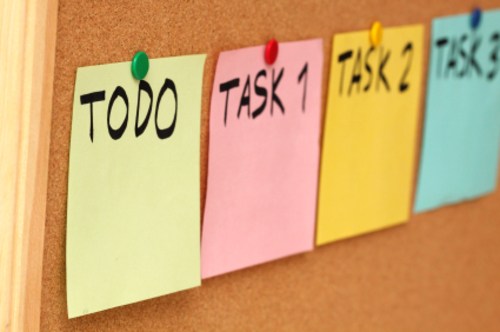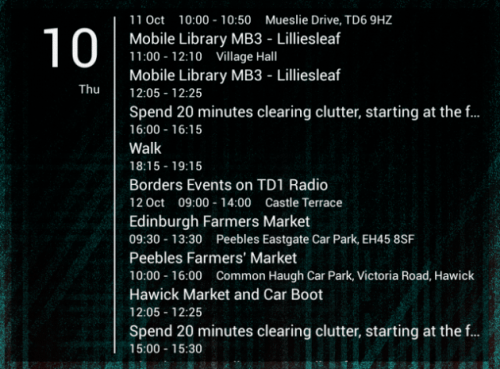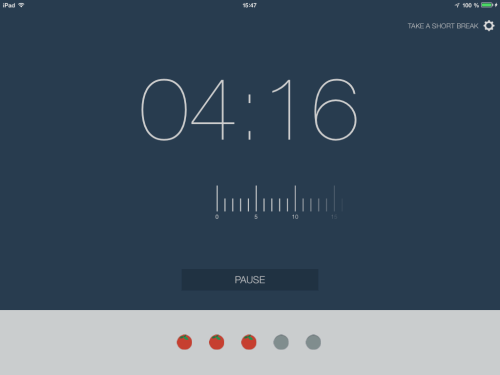1. Sort your emails by priority
Opening your mailbox and seeing +1000 emails can increase your anxiety as you will find it difficult to know where to start. You can avoid this from happening by adjusting your mailbox setting to priority first.
2. Build a To-do list
Having a written or typed to-do list takes heavy information out of your brain. This can significantly help free you from building stressful moments such as when we forget something important we need to do.
3. Relocate and Free your desk/office
The state and surrounding of your office space directly affects the state of your mind. Freeing and organizing your office space can help you calm down when looking for files and subsequently help you to get annoyed less. Also, if your office is located in an area where there is high traffic you may find it difficult to concentrate on an activity. Moving your desk to face the wall will definitely help you focus more.
4. Write down your ideas
A person with anxiety disorder can become very irritated when inspired as this causes a lot of neurological stress. A good way to avoid this tension is by writing your ideas in a memo either on a piece of paper or in your phone.
5. Do not procrastinate; instead, breakdown the task
Procrastinating can build stress and definitely aggravate your anxiety. A simple way to solve this issue is to breakdown the task and do the minimum subtask required to start the main task. This will relieve your mind of any form of breakdown.
6. Have deadlines for each milestones
After breaking down your tasks into subtasks, it is always a good idea to have a bigger picture of the whole task and define a certain date when it must be completed. You may want to select the end of a music playlist or a seminar to represent your deadline. This will build a structure frame of mind and also avoid unnecessary daily stress thus highly reduce your anxiety.
7. Use a calendar
Using a calendar can ease on your anxiety as well as enhance your organizational skills. Set events and reminders for things that have to be done. Place the calendar widget display on your phone’s home screen and make sure the task reminder titles are relatively aggressive to urge you do them.
8. Grab a stress ball or grip-strengthener
A stress ball lets you transfer aggression to an inert object and helps you feel better. Another small way to quiet anxiety is by using grip-strengthener when you feel you have to move around during a meeting or in a classroom.
9. Close all social media distractions
The least thing you want when doing a serious task is receiving a notification from facebook or any other social media website. Resisting such call can be very challenging at times and more often than not raises our anxiety as well as our curiosity. This can be mitigated by using a social media blocker called Self Control to keep you on track for a certain time frame.
10. Take short breaks
When focusing for too long on a particular task, you brain may get drained and you will be unable to think and solve trivial issues. This will build stress and subsequently anxiety as you will be feeling uncomfortable with the situation. Nonetheless, here is the good news, taking a break with your colleagues once in a while to refresh and reboot your brain can go a long way to quiet anxiety once and for all.
Featured photo credit: www.medicaldaily.com via images.medicaldaily.com
